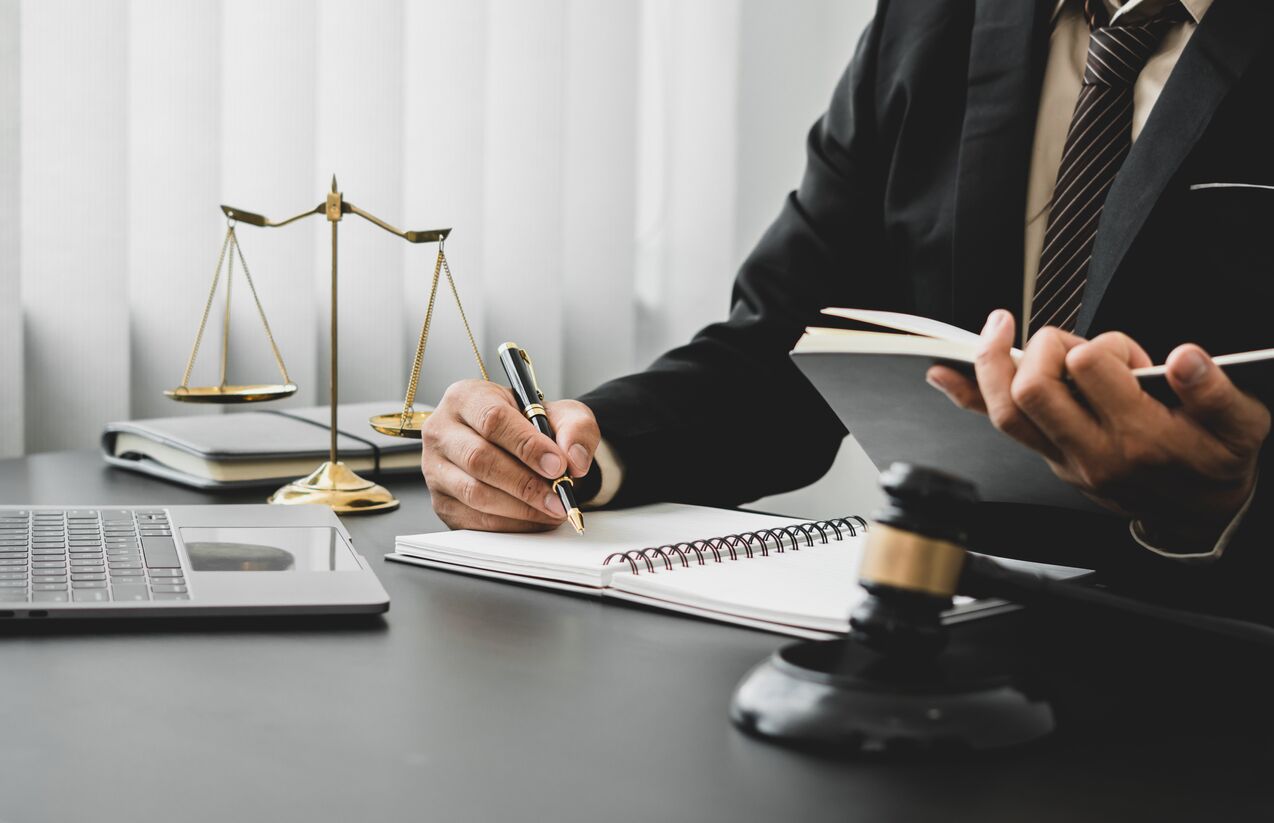Introduction
In the labyrinthine world of law, the term "expert testimony" often invokes images of courtroom drama. But behind the theatrics lies a meticulous process that plays a pivotal role in establishing liability, especially in cases like medical malpractice. When dealing with injuries or damages resulting from professional negligence, it’s not just about who did what; it’s about proving that a duty was breached in a way that the average person may not fully understand. This is where expert witnesses come into play, providing insights and clarity to complex issues.
In this article, we'll delve deep into “The Process of Expert Testimony: Its Role in Establishing Liability”, exploring its significance, the steps involved, and how it aids lawyers—particularly medical malpractice lawyers—in building strong cases. Through a friendly tone and accessible language, we will create a comprehensive guide on this crucial legal component.
What is Expert Testimony?
Understanding Expert Witnesses
Expert testimony refers to statements made by a qualified individual with specialized knowledge pertinent to a case. These professionals can be doctors, engineers, financial analysts, or any other field where expertise is critical for elucidating complex matters.
Why Are Experts Needed?
In legal contexts, particularly personal injury or medical malpractice cases, laypersons simply don’t have the background necessary to understand intricate details surrounding standard practices or behaviors within specialized fields. Expert witnesses bridge this gap.

The Process of Expert Testimony: Its Role in Establishing Liability
Why Is It Important?
Expert testimony is vital for establishing liability as it helps clarify whether a defendant acted negligently or deviated from accepted standards of care. It's not just about pointing fingers; it's about understanding the nuances involved.
How Does It Work?
Initial Consultation
Lawyers consult potential experts to gauge their suitability for the case.
Case Review
The expert reviews case materials—medical records, incident reports, etc.—to form an opinion.
Report Preparation
Experts compile their findings into a detailed report outlining their opinions and conclusions.
Deposition
Experts are often deposed under oath before trial to establish credibility.
Trial Testimony
If needed, experts testify in court to provide evidence supporting claims made by either party.
Types of Expert Witnesses in Medical Malpractice Cases
Clinical Experts
These are often practicing physicians who can speak directly to standards of care within their specialty.
Forensic Experts
Forensic specialists analyze evidence related to medical records and can help interpret complex data for juries.
Economic Experts
These witnesses help quantify damages by offering insights into lost wages or future earning potential impacted by negligence.

How Expert Testimony Influences Liability Determinations
Clarifying Standards of Care
When establishing liability in medical malpractice cases, expert testimonies clarify what constitutes acceptable practice within specific fields.
Establishing Causation
Causation is another critical element influenced by expert testimony; experts can link negligence directly to injuries sustained by plaintiffs.
The Steps Involved in Securing Expert Testimony
Step 1: Identifying Potential Experts
Lawyers should seek out individuals with relevant qualifications and experience tailored to the specifics of their case.
Factors to Consider:
- Credentials Experience Availability
Step 2: Engaging with Experts Early On
Getting experts involved early allows them time to review all relevant information thoroughly and formulate informed opinions.
Step 3: Preparing for Depositions and Trials
Preparation involves discussions about potential questions they may face during depositions or court appearances so that they present themselves confidently.
Challenges Associated with Expert Testimony
Expert Bias Concerns
One challenge lawyers face is ensuring that selected experts remain unbiased despite their connections to particular institutions or industries.
Daubert Standard Compliance
In many jurisdictions, expert evidence must meet specific standards (like the Daubert Standard) regarding scientific validity and reliability before being admitted into court proceedings.
Effective Use of Expert Testimony by Medical Malpractice Lawyers
Building Credibility Through Expertise
Medical malpractice lawyers must ensure that the experts chosen lend credibility not only through qualifications but also through past courtroom experiences and successes.
Creating Compelling Arguments
Using expert testimony effectively enhances arguments presented at trial by providing juries with informative insights rather than dry facts alone.
FAQ Section
1. What qualifies someone as an expert witness?
To qualify as an expert witness, an individual typically needs specialized knowledge gained through education or experience relevant to the subject matter at hand.
2. How do I find an appropriate expert witness for my case?
Consult your attorney; they usually have networks of reputable professionals across various fields who can serve as effective witnesses in court settings.
3. Can expert testimony be challenged?
Yes! Opposing counsel has every right to challenge the credentials and findings presented by an expert during cross-examination or through motions in limine prior to trial.
http://fleet-vehicle-crashes-common-causes-blueprint.raidersfanteamshop.com/investigating-the-causes-of-large-vehicle-accidents4. What types of cases require expert testimony?
While commonly used in medical malpractice cases, expert testimony can also be valuable in personal injury claims involving technical disciplines such as engineering or finance.
5. How much does hiring an expert witness cost?
Costs vary widely depending on expertise level; some may charge hourly rates while others might ask for flat fees based on project scope—consultations beforehand provide clarity here!
6. Is it necessary for both sides to present expert witnesses?
Not necessarily! While both sides often do present experts for balance and fairness at trial stages, either party may choose not to if they believe it won’t impact their argument significantly.
Conclusion
The use of expert testimony significantly shapes liability determinations within legal proceedings—especially concerning delicate issues like medical malpractice claims where complexities abound! Understanding how this process unfolds equips both attorneys and clients alike with knowledge pivotal for navigating these waters successfully without getting lost along the way!
Through comprehensive exploration into “The Process of Expert Testimony: Its Role in Establishing Liability,” we’ve unraveled its mysteries while highlighting its essential contributions toward achieving justice when professional negligence occurs! Whether you’re seeking guidance from skilled medical malpractice lawyers or pondering how best you could present your case going forward—knowledge truly empowers every step taken toward resolution!